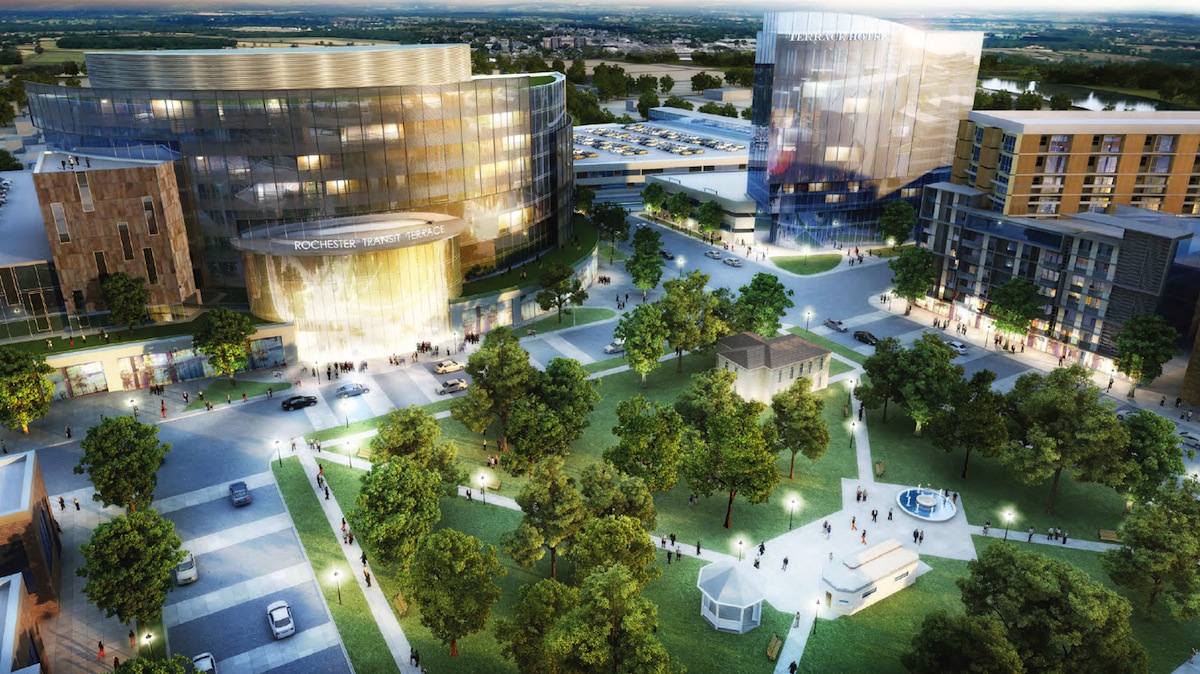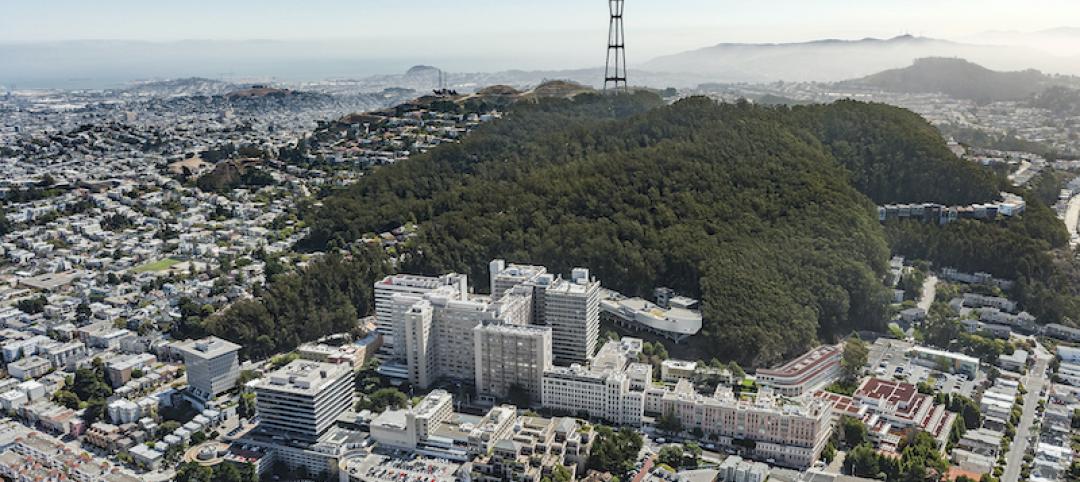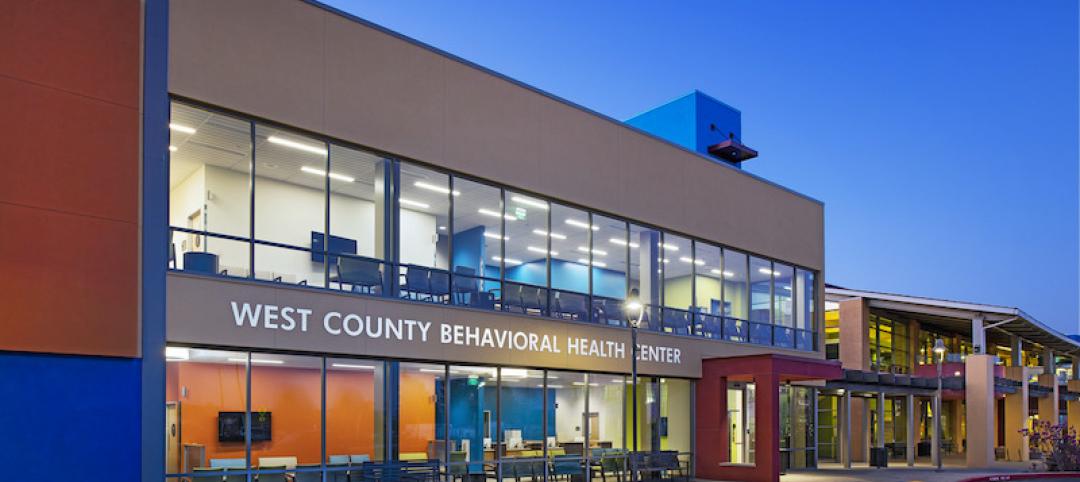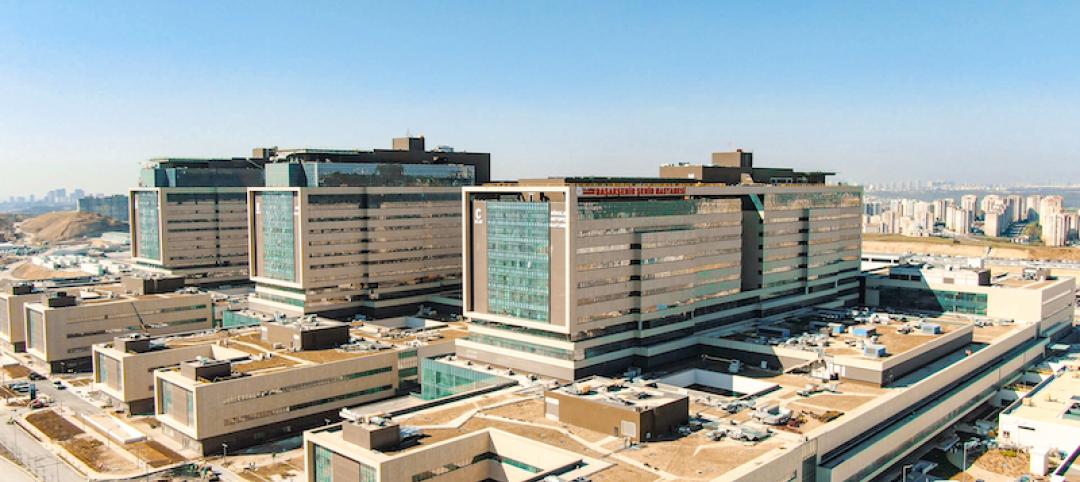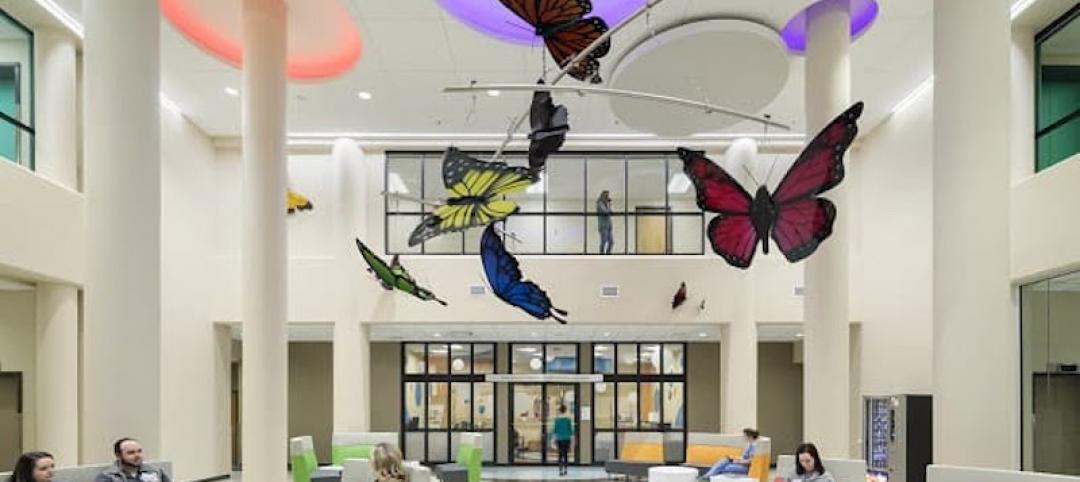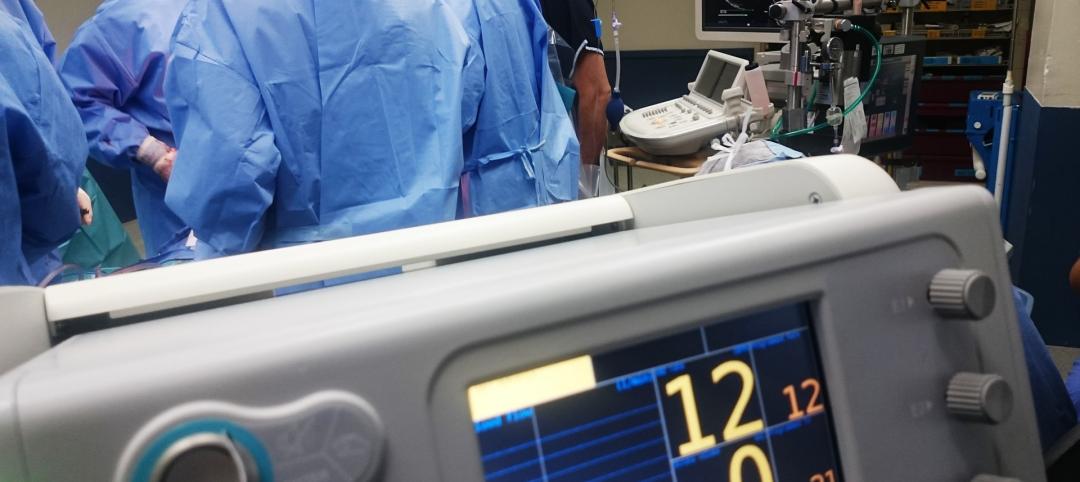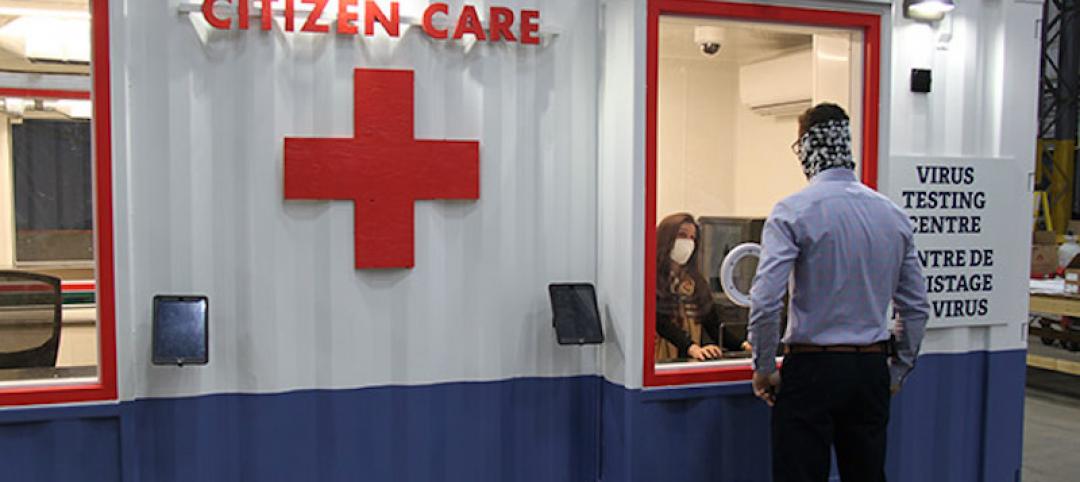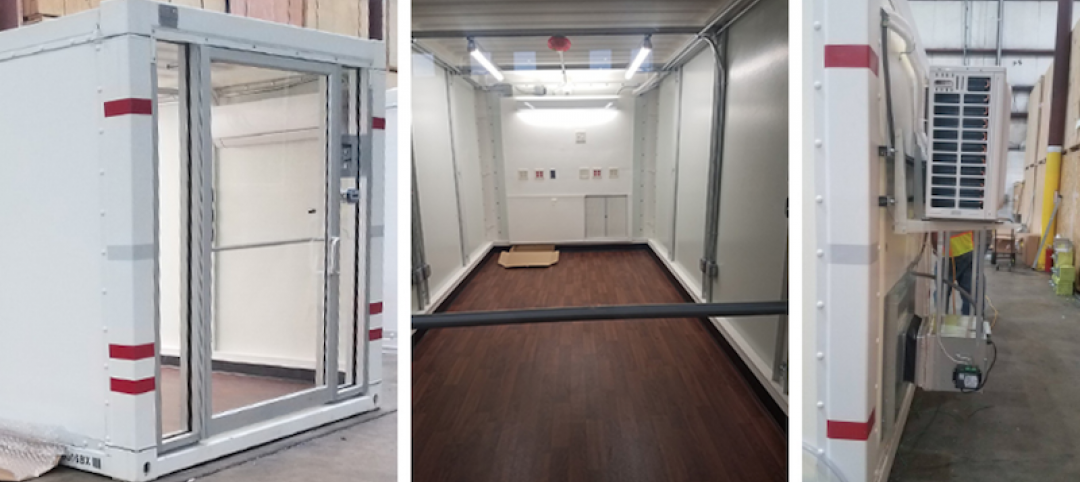Rochester, Minn., home to the famed Mayo Clinic, is about to embark on what would be the largest economic development initiative in this state’s history.
The state government, the Mayo Clinic, and private investment partners are prepared to spend $6.5 billion on a 20-year plan whose goal is to elevate Rochester into a global biotech hub. The plan is also intended to rejuvenate Rochester’s downtown, promote open transit, and reconnect the city with its waterfront.
On April 23, the Board of Directors of the Destination Medical Center Corporation formally adopted the development plan for Destination Medical Center (DMC), which would be comprised of six districts spread across 550 acres. The vertical construction would support a diverse mixed-use environment that complements Mayo’s existing facilities, which already provide care for one million patients annually.
The state government, the Mayo Clinic, and private investment partners are prepared to spend $6.5 billion on a 20-year plan whose goal is to elevate Rochester into a global biotech hub. The plan is also intended to rejuvenate Rochester’s downtown, promote open transit, and reconnect the city with its waterfront.
The six districts identified in the development plan include:
• The Heart of the City: The plan would convert the downtown area into a place of “connected urban experiences” that build off of the city’s existing walkable attributes, with enhanced areas and mixed-use buildings
• Discovery Square: Steps from Mayo Medical School, this would be the address for the expansion of science, research, tech, and entrepreneurism;
• Downtown Waterfront: This would be located where the Zumbro River and Second Street intersect. It would be a cultural and historical center, and provide live-work opportunities;
• Central Station: A nexus of transportation for the downtown area, with an intermodal transit station that is incorporated into mixed-use development;
• UMR and Recreation Area: On the south edge of downtown, this location would encompass the University of Minnesota-Rochester campus and Soldier’s Memorial Field; and
• St. Mary’s Place: A new public space in the downtown’s western corner.
Peter Cavaluzzi, FAIA, Principal and Board Member for Perkins Eastman, this project’s lead designer, thinks The Heart of the City will be the most critical component, and have the biggest impact, early on. “The first phase of every large-scale project has to be bold enough to have an impact, but at the same time be small enough that it can be achieved.”
Perkins Eastman says the initial phase will start at the city’s 1st Street and 1st Avenue, in the middle of Peace Plaza, where a grand dining terrace will span the Avenue and connect to the historic Chateau Theater.
A breakdown of Destination Medical Center shows that it would have 6.8 million sf of healthcare facilities, 1.02 million sf of biotech, 310,000 sf of offices, a 1,380-room hotel, 2,850 units of residential, 354,000 sf of educational space, and 117,000 sf of transit, which would include 22,850 new parking spaces. Fast Company reports that there is also a possibility of a rail link between Rochester and Minneapolis, 90 miles away.
Rochester officials see this project as a way for their city to get out from under the shadow cast by the Minneapolis-St. Paul metroplex. DMC could also give Mayo Clinic a leg up on other healthcase hubs like Cleveland Clinic and Johns Hopkins that are all vying for what’s known as medical “tourists,” affluent foreign patients seeking the best treatment available.
Lisa Clarke, DMC’s executive director, estimates that this development would create between 25,000 and 40,000 jobs over 20 years, plus significantly more tax revenue.
Fast Company reports that $6 billion of the project’s cost would be raised from the private sector, and state and local taxpayers would contribute $585 million. Foreign companies, many with ties with Mayo Clinic, are expected to provide much of the private funding.
The Destination Medical Center, though, is controversial. For one thing, the plan calls for the downtown area to be “winterized” with skywalks, heated sidewalks, and underground passageways. There’s nothing in the plan that stipulates construction of affordable housing (which could be a real problem if, as estimated, this urban development project causes Rochester’s population to double from its current 111,000 people). And some residents fear that local cultural structures, like the public library and downtown theater, could ultimately be destined for the wrecking ball.
Related Stories
Healthcare Facilities | Jul 16, 2020
University of California San Francisco selects HDR and Herzog & de Meuron to design new hospital
The hospital is part of UCSF’s academic medical center.
Coronavirus | Jul 1, 2020
Are hospitals prepared for the next pandemic?
Caught off guard by COVID-19, healthcare systems take stock of the capacity and preparedness.
Healthcare Facilities | Jun 16, 2020
New facility in California homes in on behavioral health
This project went the extra mile to comply with the state’s design and construction regulations.
Coronavirus | Jun 12, 2020
BD+C launches 'The Weekly,' a streaming program for the design and construction industry
The first episode, now available on demand, features experts from Robins & Morton, Gensler, and FMI on the current state of the AEC market.
Healthcare Facilities | Jun 10, 2020
Istanbul opens biggest base-isolated hospital in the world
Cloud computing allowed complicated design to be completed in less than a year.
Healthcare Facilities | Jun 3, 2020
Jennifer Lawrence Cardiac Intensive Care Unit opens in Kentucky
The CICU is part of a larger redesign project for the entire hospital.
Coronavirus | May 22, 2020
COVID-19: Healthcare designers look to the future of medical facilities in light of coronavirus pandemic
The American College of Healthcare Architects (ACHA) has released the key findings of a survey of its members revealing their insights on the future of healthcare architecture and the role of design in the context of the COVID-19 healthcare crisis.
Healthcare Facilities | May 5, 2020
Holt Construction, U.S. Army Corps of Engineers complete temporary hospital in two weeks
The project is located in Paramus, N.J.
Coronavirus | Apr 26, 2020
PCL Construction rolls out portable coronavirus testing centers
The prefabricated boxes offer walk-up and drive-thru options.
Coronavirus | Apr 21, 2020
COVID-19 update: CallisonRTKL, Patriot, PODS, and USACE collaborate on repurposed containers for ACFs
CallisonRTKL and PODS collaborate on repurposed containers for ACFs


